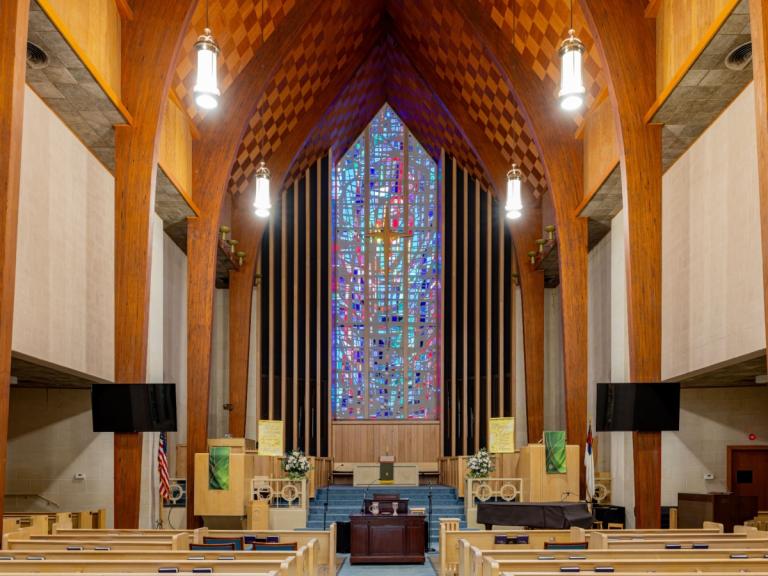

The Church of England has experienced a significant decline in attendance, particularly among children, during the COVID-19 pandemic. According to new data, the church lost one in five of its Sunday worshipers, with a nearly 40 percent drop in children attending Sunday worship in the Diocese of Canterbury. This decline in attendance is part of a larger trend, as Sunday attendance in the Church of England has nearly halved since 2000. The COVID-19 pandemic has exacerbated this decline, and online worship has not proven to be a solution. Additionally, the church has seen a significant aging of its remaining worshipers, with 36 percent of them being over 70 years old. Other denominations in England, such as the United Reformed Church and British Methodism, have also experienced significant decline. The decline in attendance has raised questions about the church's focus on issues like sexuality rather than leading people to faith in Christ. This decline in the Church of England is seen as a reflection of wider trends in mainline Christianity in England [a0ba6854].
The decline in attendance within the Church of England during the COVID-19 pandemic has been a cause for concern. New data reveals that the church has lost one in five of its Sunday worshipers, with a significant drop in children attending Sunday worship in the Diocese of Canterbury. This decline is part of a larger trend, as Sunday attendance in the Church of England has nearly halved since 2000. The COVID-19 pandemic has further exacerbated this decline, and online worship has not been able to compensate for the loss of in-person attendance. The church has also seen a significant aging of its remaining worshipers, with over a third of them being over 70 years old. This trend is not unique to the Church of England, as other denominations in England, such as the United Reformed Church and British Methodism, have also experienced significant decline. The decline in attendance has raised questions about the church's priorities and whether it is effectively leading people to faith in Christ. Some argue that the church's focus on issues like sexuality has overshadowed its mission of spreading the Gospel. Overall, the decline in the Church of England is seen as a reflection of wider trends in mainline Christianity in England [a0ba6854].
A recent survey reveals that 40 percent of British Christians prefer not to share their religious beliefs, possibly due to uncertainty about their religious identity and a lack of self-confidence [3f98f538]. The survey also shows that 38 percent of Jewish respondents feel the same way. In contrast, only 29 percent of Muslim participants prefer not to share their faith. Generational differences are observed, with younger people being more enthusiastic about their faith in other contexts. Confidence in religion as a force for good in society is relatively low, but there is a perception that the UK welcomes religious diversity. The survey also suggests a generational revival of faith among younger people, with higher levels of religious engagement and interfaith interactions. Trust in the media regarding religious coverage is low, and there is opposition to more religious coverage.